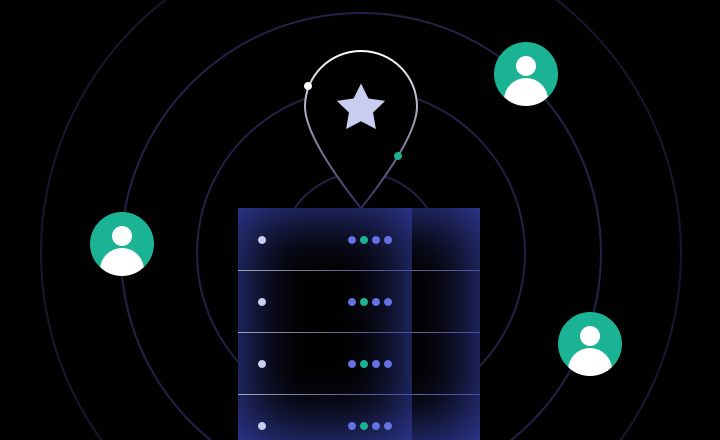
<p>In the digital age, both individuals and businesses are increasingly concerned about online privacy and security. Anti-detect browsers have emerged as a new type of browsing tool, designed to prevent websites from tracking users through device information, browser versions, fonts, or plugins. When combined with proxy services, Anti-detect browsers can provide enhanced anonymity and significantly reduce the risk of tracking or IP blocking.</p><p><br></p><h3>Core Features of Anti-detect Browsers</h3><p><br></p><p>The main purpose of a Anti-detect browser is to “hide the user’s true identity.” It can simulate different browser characteristics for each website visit. This technology ensures that even if the same IP is used, the connection appears as a different user, effectively spreading the risk. When paired with an ip proxy, such as residential or dedicated proxies, it offers dual protection, concealing both device Anti-detects and IP addresses to secure online activity.</p><p><br></p><h3>Applications of Anti-detect Browsers with Proxies</h3><p><br></p><p><strong>1.Cross-Border Access and Data Collection</strong></p><p>Businesses conducting cross-border e-commerce monitoring or market analysis often need to collect data from multiple regions. Using a Anti-detect browser combined with residential proxies, users can mimic real user behavior, reducing the likelihood of being detected as proxy traffic and ensuring stable, efficient data scraping.</p><p><br></p><p><strong>2.Multi-Account Management</strong></p><p>Operating multiple social media or e-commerce accounts carries the risk of restrictions or bans. Anti-detect browsers can generate unique device Anti-detects, and when paired with free proxies or premium residential IPs, they effectively distribute traffic sources, lowering the chance of account suspension.</p><p><br></p><p><strong>3.Enhanced Anonymity and Security</strong></p><p>Simply using a proxy hides the IP, but websites can still track users through Anti-detecting. Anti-detect browsers add an extra layer of protection, combining device feature masking with proxy usage for more reliable anonymity. Services like <a href="https://www.lokiproxy.net/" rel="noopener noreferrer" target="_blank">LokiProxy</a> provide high-quality residential proxies that integrate seamlessly with Anti-detect browsers, enhancing both user experience and security.</p><p><br></p><h3>Choosing the Right Proxy and Tools</h3><p><br></p><p>Selecting a stable ip proxy is crucial when using a Anti-detect browser. Residential proxies come from real home networks, offering low block rates and high stability. Free proxies are easy to obtain but often suffer from slow speeds, unstable connections, and potential privacy risks. Pairing a Anti-detect browser with reliable residential proxies ensures both efficiency and security, especially for long-term scraping or cross-border access tasks.</p><p><br></p><h3>Conclusion</h3><p><br></p><p>The combination of Anti-detect browsers and proxies provides a new method for protecting online privacy. It safeguards IP addresses and masks device Anti-detects, reducing the risk of tracking or blocking. Whether for cross-border data collection, multi-account management, or everyday anonymous browsing, using high-quality residential proxies with Anti-detect browsers is a highly effective solution. Professional providers like <a href="https://www.lokiproxy.net/" rel="noopener noreferrer" target="_blank">LokiProxy</a> offer stable, reliable residential proxies that make anonymous browsing and cross-border operations smoother and safer.</p>
